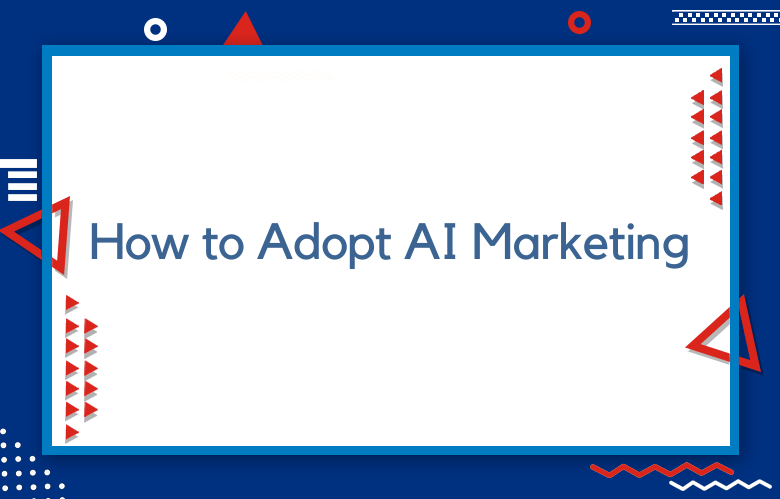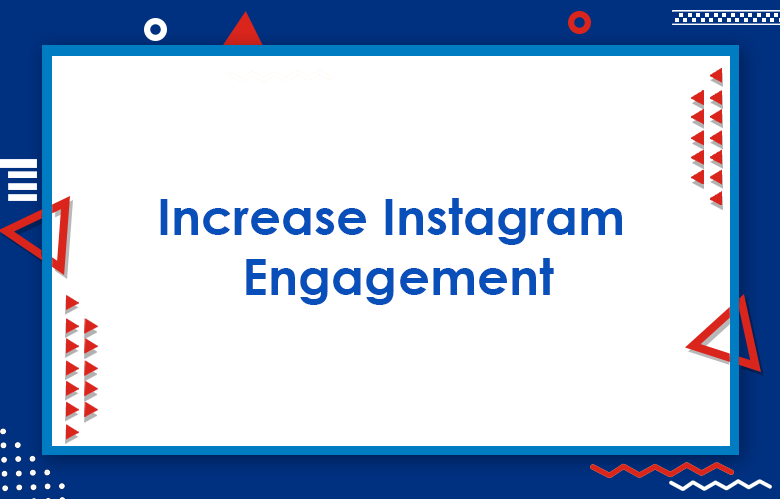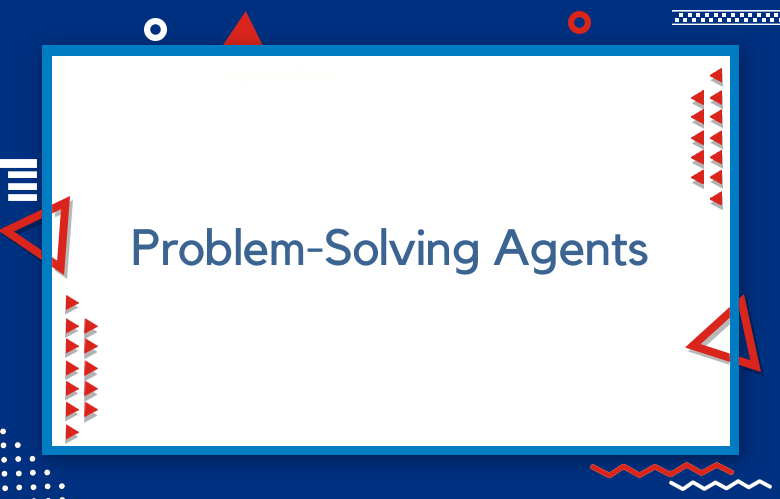How to Get Your Company to Adopt AI Marketing

Kiran Voleti
Kiran Voleti is an Entrepreneur , Digital Marketing Consultant , Social Media Strategist , Internet Marketing Consultant, Creative Designer and Growth Hacker.
Related Posts


Marketing Problem-Solving Agents in Artificial Intelligence
The marketing world has undergone a significant shift in recent years with the advent of…

Political Campaign Videos: How to Influence Your Audience using Video Advertising
Political Campaign Videos: Video marketing and political campaigning go hand in hand. They complement each…
